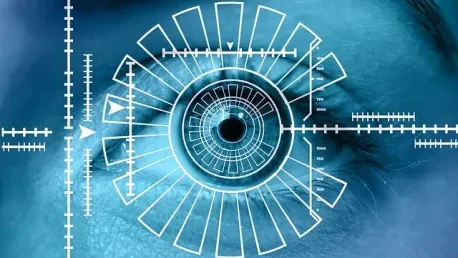In recent months, identity theft has seen an alarming increase, with cybercriminals refining their techniques and using advanced tools such as artificial intelligence to carry out more precise and personalized scams. This surge has doubled economic losses compared to the previous year, exceeding 10 billion euros in 2024. The issue affects everyone—ordinary individuals and large companies alike—and highlights the urgent need for stronger protection.
More people are encountering unexplained purchase charges, compromised bank accounts, or hacked social media profiles. These situations are highly damaging and have the potential to directly affect the victim’s reputation. The emotional and psychological impact of being an identity theft victim can be devastating. The feeling of vulnerability and the difficulty of regaining control over personal information generate significant stress with a wide range of harmful consequences. Thus, it’s crucial to understand how these attacks work and what measures you can take to protect yourself, including using a trusted antivirus solution like AVG AntiVirus Free.
1. Be Aware of Data Breaches
Keeping an eye on potential security breaches on platforms and services you use is essential for preventing identity theft. When a company you interact with suffers a data breach, changing your passwords immediately and monitoring your accounts for any unusual activity can help you stay protected. Free online monitoring tools like Have I Been Pwned can notify you if your information has been leaked on the Dark Web. These tools allow you to act quickly, reducing the risk of fraudulent activities using your compromised data.
In addition, it’s important to regularly update your information with companies you trust. By setting up real-time alerts and notifications, you can be informed immediately if there is any suspicious activity on your accounts. These proactive measures ensure that you are prepared to act swiftly in the event of a data breach, thereby minimizing potential damage.
2. Look Out for Signs of Identity Theft
Paying close attention to your purchase statements is vital for identifying any charges you haven’t made. Unrecognized debt collector calls and notifications from financial institutions about unusual activity can be early signs of identity theft. Detecting these signs early can prevent bigger problems, allowing you to take necessary actions before significant damage is done. Therefore, it is important to regularly review your credit reports to catch any irregularities.
Moreover, keeping track of your financial and social media accounts to spot unauthorized transactions is essential. Establishing a routine to monitor your accounts weekly can provide an extra layer of security. This vigilance ensures that you can catch any fraudulent activities as soon as they occur and take immediate action to mitigate potential harm.
3. Adopt Safe Internet Practices
Using strong, unique passwords is one of the simplest yet most effective ways to protect yourself online. Avoid reusing passwords across multiple websites, and consider using a password manager to keep them secure. A good password includes uppercase letters, lowercase letters, numbers, and special characters, making it difficult for cybercriminals to crack.
Additionally, enabling two-factor authentication adds an extra layer of security by requiring a second verification factor in addition to the password, such as a code sent to your phone or an authentication app. This extra step significantly enhances the security of your online accounts, making it harder for unauthorized individuals to gain access.
Avoid clicking on suspicious links and emails, as these are common methods used by cybercriminals to steal your information. Don’t click on links or download attachments from unknown senders or anything that looks suspicious. If an email seems fishy, verify its authenticity by contacting the organization directly. Browsing only on trustworthy websites is another essential practice. Confirm that the websites you visit are legitimate, especially for financial transactions, by looking for the padlock icon in the address bar and ensuring the URL starts with “https.”
4. Secure Your Devices With AVG AntiVirus Free
Protecting your devices with antivirus software is crucial in preventing identity theft. AVG AntiVirus Free can help safeguard your personal information by detecting and blocking threats before they can cause harm. It provides real-time protection and regular updates to ensure your devices remain secure against the latest malware and cyberattacks.
In conclusion, the alarming rise in identity theft demands stronger cybersecurity measures. By staying vigilant and adopting safe practices, you can reduce the risk of falling victim to these increasingly sophisticated scams. Using reliable tools like AVG AntiVirus Free can provide an additional layer of protection, helping you maintain control over your personal information and stay safe online.









